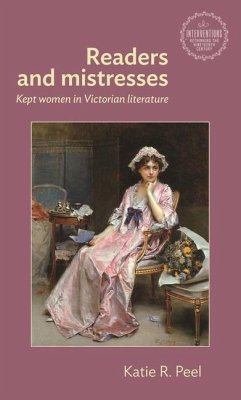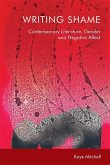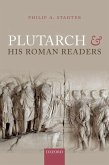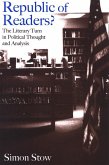Readers and mistresses: Kept women in Victorian literature addresses the question of what to do when someone is invisible in both official documents and literature. Readers and mistresses studies the women who cannot be found in marriage registries, censuses, or much of mainstream, nineteenth-century British literature. Instead of considering kept mistresses as embodying one stage on the way to certain sex work and death, Peel uses the term 'kept woman' to unite women in a variety of kinds of keeping relationships, including some perceived as quite positive. In doing so, she offers a way to read that removes the stigma of the sexual, and appreciates the decisions of kept women as survival choices in a time and culture that actively disprivileges them. Using recent scholarship in empathy and carework, Peel takes a queer approach to Victorian narrative and encourages an active readership. Ultimately, this queer reading offers a path of reader engagement that centers the often illegible experience of kept women, and renders readers themselves the keepers of these women's narratives. Authors included in this study are, Anne Brontë, Charlotte Brontë, Elizabeth Barrett Browning, Wilkie Collins, Charles Dickens, George Eliot, Elizabeth Gaskell, and George Gissing. This book offers a way to read old material with new eyes and a social justice ethic.








